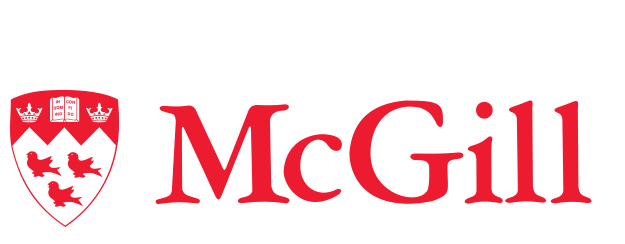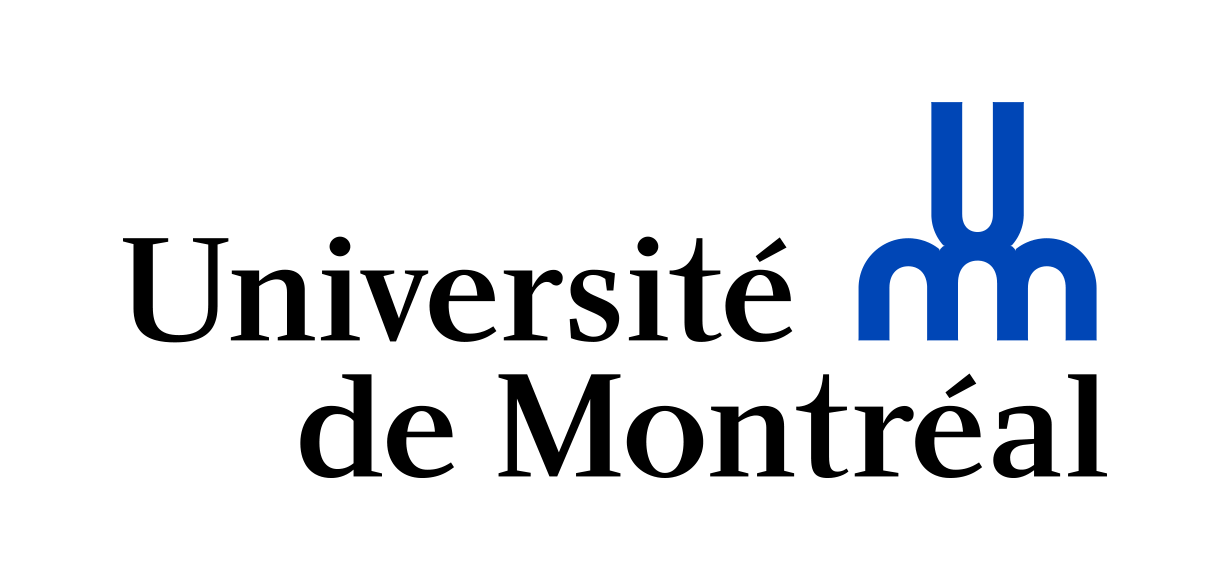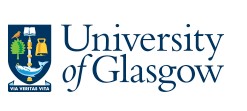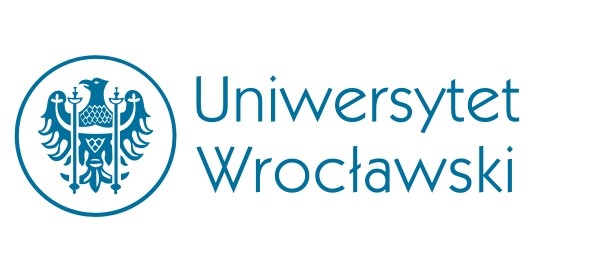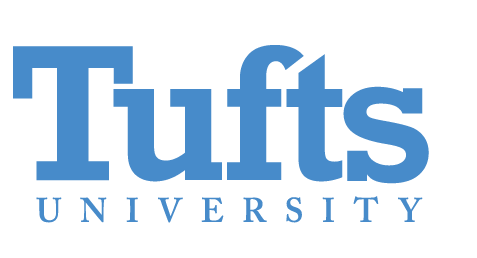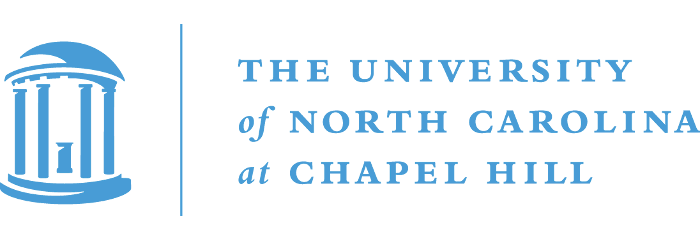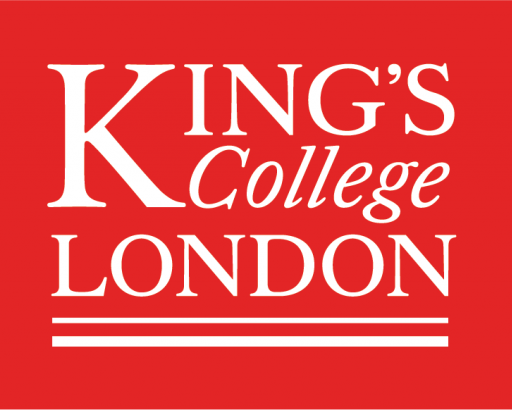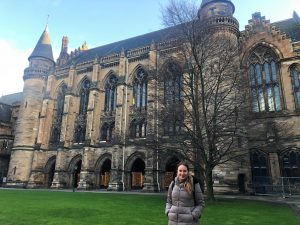
Alina Sayfutdinova, January 2019
I did not anticipate a once in a lifetime experience for my research trip to Glasgow, but that is exactly what I got. The degree of diversity that I encountered on my research trip was beyond my expectations. Both the students and teaching staff at the University of Glasgow came from various and diverse backgrounds and nationalities which made the learning experience exceptional.
Thanks to the BEAR Mobility Grant 2018-2019, I was able to travel to Glasgow (UK) from December 4th to the December 15th, 2019, and work with expert faculty in EU-Russia affairs, specifically Dr. Ammon Cheskin, who was my host and main supervisor there. My research interests are mainly in the field of security studies and I am currently focusing on energy security. My Master’s thesis focuses on energy security and the relations between Russia and the European Union. Research on the topic of the impact of natural gas on Russia-EU relations is remarkably narrow and limited, mostly conducted from the European perspective. My objective is to examine the natural gas issue in a balanced way that will shed new light on a persistent geopolitical problem. Using securitization theory and content analyses, I have examined the hardship of building a common European energy security policy from the perspectives of both the EU and Russia. My study intends to answer the following research questions: What kind of role has natural gas played in EU-Russian energy relations? What were the policy drivers on both sides? How were agreements achieved? Why were they ended? The purpose of my research is to examine the political economy of natural gas supply in Russia and demand in the EU in shaping the EU-Russia energy relations internationally.
Developing independent research skills, evaluating source material, revising my own efforts or constructing an effective argument were key skills I gained from the collaboration with Dr. Cheskin. The library at the University of Glasgow is excellent, offering an extensive collection of books, journal and electronic resources in this field of study. Additionally, the innovative facilities and numerous resources at the University of Glasgow, along with their motivated faculty enabled me to enhance my academic skills during the time there. More importantly, the aforementioned essential features of the research trip equipped me to analyze and examine Russia from various perspectives.
Undertaking my research trip at one of the top universities in the world would not have been possible without the financial aid provided by the European Union. Therefore, I am humbled by and grateful to the BEAR Network and all the involved parties for their invaluable contribution in making this research trip an outstanding academic experience. Finally, I would like to give special thanks to my supervisor at Carleton University, Dr. Joan DeBardeleben, for always supporting my academic ambitions and for being such an inspiring scholar and mentor.





